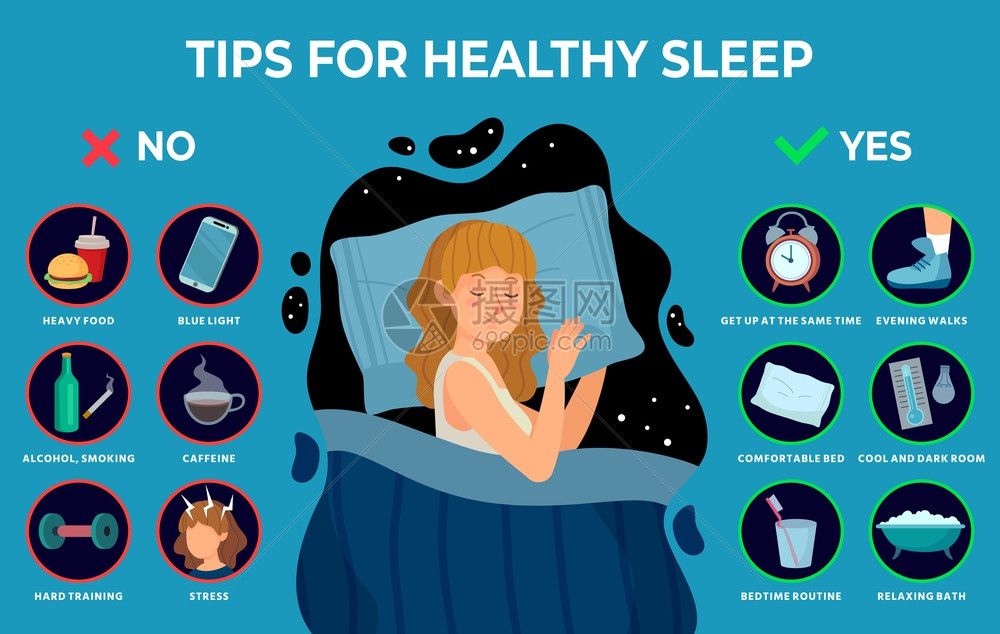The Connection Between Sleep and Mental Wellness
Sleep is a fundamental aspect of our daily lives that directly impacts our mental and physical well-being. It is a vital process that allows our bodies to engage in essential restorative functions, promoting overall health. This article explores the significant connection between sleep and mental wellness.
The Importance of Sleep
Sleep plays a crucial role in maintaining optimal brain function. It is during sleep that our brain consolidates memories, processes emotions, and carries out vital repair and restoration processes. Adequate sleep is essential for cognitive functions, learning, and creativity. It allows us to wake up feeling refreshed, rejuvenated, and ready to face the day ahead.
The Impact of Sleep Deprivation
Conversely, insufficient sleep or sleep deprivation can have severe consequences on our mental well-being. Chronic sleep deprivation has been linked to an increased risk of developing mental health disorders such as depression, anxiety, and bipolar disorder. It can lead to cognitive impairment, memory problems, and difficulties in concentrating or making decisions. Additionally, sleep deprivation weakens our immune system, making us more susceptible to physical illness and mental health challenges.
Relationship Between Sleep and Mood Disorders
Research has shown strong links between disrupted sleep patterns and mood disorders. Sleep problems often precede the onset of depression or anxiety and can act as warning signs or triggers. Insomnia, characterized by difficulty falling or staying asleep, is commonly associated with mood disorders. Depression can also lead to hypersomnia, excessive sleepiness or prolonged sleep.
The Role of Sleep in Stress Management
Sleep plays a vital role in managing stress. It is our brain’s way of resetting and rejuvenating, allowing us to cope with the challenges we face daily. When we are sleep-deprived, our stress levels rise, and our ability to regulate emotions diminishes. Lack of sleep impairs our cognitive functions, making it harder to think clearly and effectively manage stress. It becomes a vicious cycle as increased stress further disrupts our sleep, perpetuating the problem.
Improving Sleep for Mental Wellness
To promote mental wellness, it is crucial to establish healthy sleep habits. Here are some tips:
Create a regular sleep schedule by going to bed and waking up at the same time every day, even on weekends.
Create a bedtime routine that promotes relaxation, such as reading a book or listening to calming music.
Avoid stimulants like caffeine, nicotine, and electronics close to bedtime.
Create a comfortable sleep environment by keeping the room dark, quiet, and at a cool temperature.
Exercise regularly but avoid vigorous workouts close to bedtime.
Conclusion
Sleep plays a vital role in mental wellness. Establishing and maintaining healthy sleep habits can significantly improve our overall well-being and help prevent mental health conditions. By prioritizing sleep and understanding its connection to our mental health, we can lead happier, more balanced lives.


